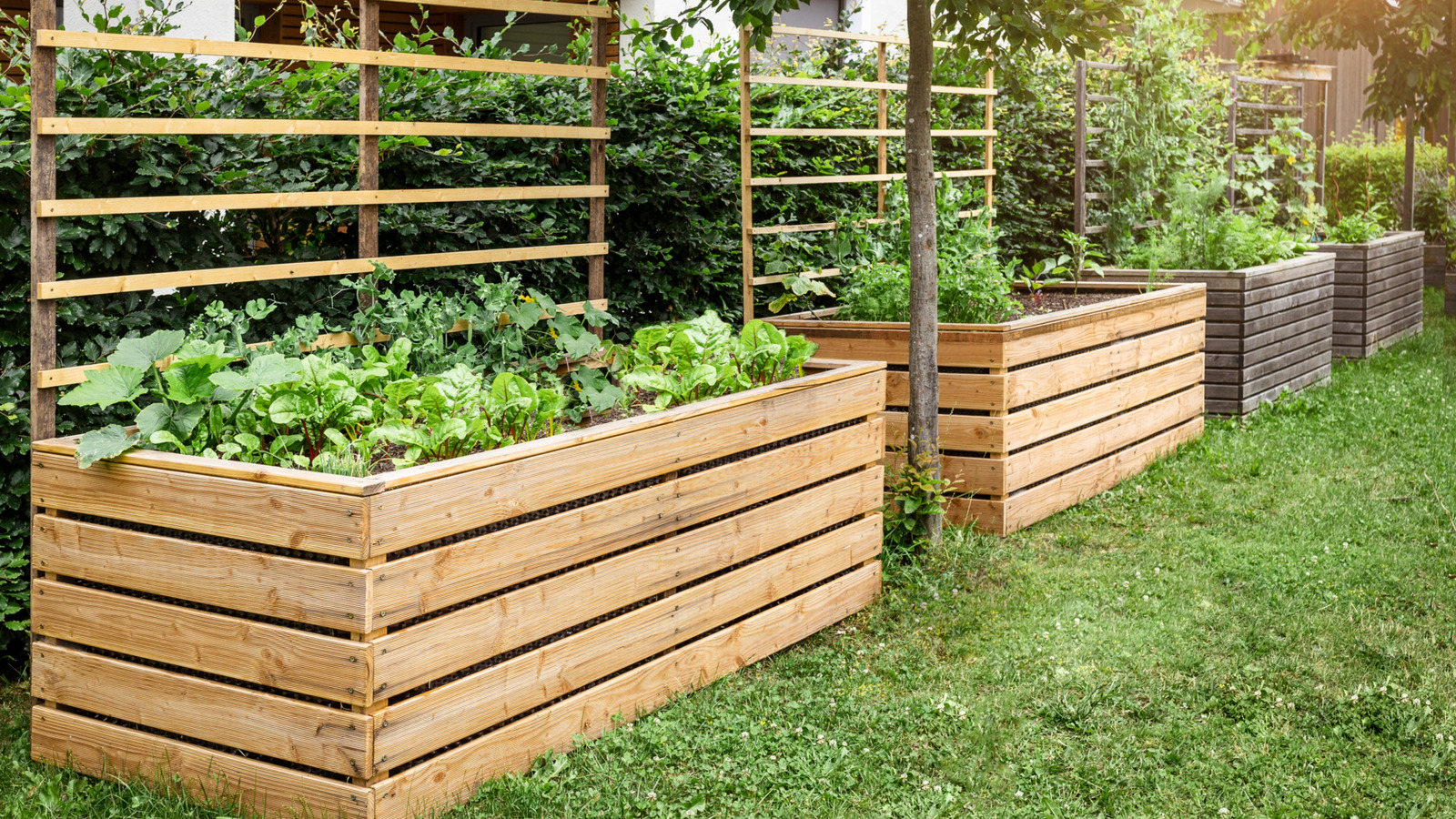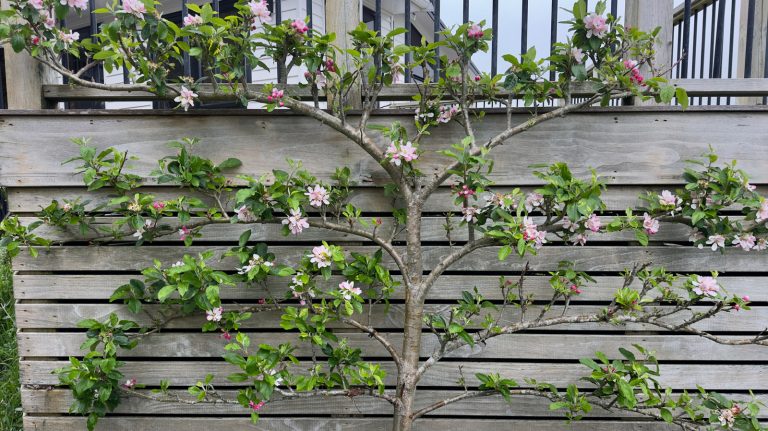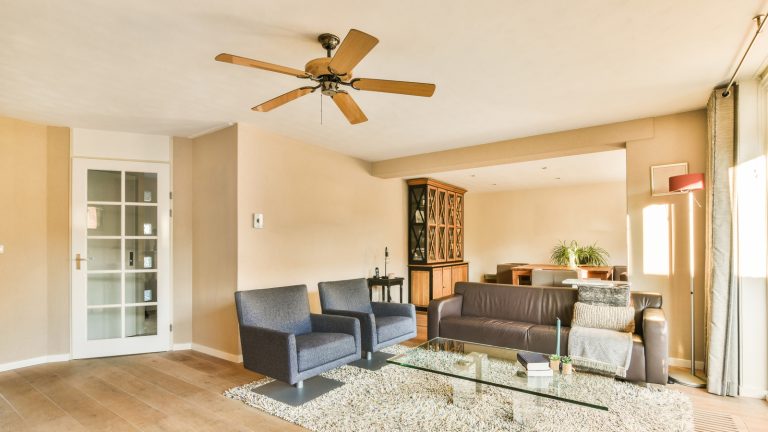
Opting for a wooden planter box is a smart choice for many reasons, especially if you’re limited on gardening space or lack suitable soil in your yard. Planter boxes or raised beds allow you to have greater control over the growing conditions for your plants. To maximize these benefits, it’s crucial to select the right type of wood. Consider using rot- and pest-resistant woods like cedar or redwood.
Planter boxes are often exposed to moisture from rain, humidity, and watering. Many wood types can quickly begin to split and decay when consistently exposed to wet conditions. While waterproofing is an option, it’s best to start with a wood that naturally resists rot. Cedar and redwood contain tannins, oils, and acids that help them withstand moisture and decay over time. Woods lacking these properties may not last as long, potentially causing more issues than they’re worth.
Outdoor planter boxes are also subject to pests. Certain fungi and insects can cause wood to rot. While pressure-treated wood can prevent rot and pest issues, it’s not ideal for planters, particularly those with edible plants, due to potential chemical leaching into the soil. Cedar and redwood naturally resist fungi, insects, and other pests, eliminating the need for special treatments.
Choose durability and avoid chemical leaching
Cedar is lightweight, making it easy to work with, and it’s durable enough to resist cracking, shrinking, or warping. You have various cedar options, such as eastern red cedar, western red cedar, and white cedar. Among these, western red cedar is the best choice for planters due to its exceptional durability. To extend its lifespan, you can treat a cedar planter box with a natural product.
Redwood shares many benefits with cedar. It resists decay and pest damage, is easy to handle, and remains stable without twisting or warping. Additionally, redwood has a neutral pH that won’t alter the soil’s acidity. If possible, opt for heartwood pieces as they contain the highest concentration of rot-resistant chemicals. Sealing redwood can further prevent cracking.
Avoid using pressure-treated wood, plywood, or particleboard, as they often contain chemicals and glues that can leach into the soil and potentially affect your health while gardening. Recycled wood is also best avoided unless you’re certain it’s not pressure-treated. Additionally, steer clear of black walnut, hickory, or black cherry, as they contain juglone, a chemical harmful to nearby plants. If you’re on a budget, you might consider using a less expensive wood like pine, though it lacks natural rot resistance. Remember, it won’t last as long as cedar or redwood. Use a natural sealant, drill ample drainage holes, and line your raised garden beds with plastic for protection.






